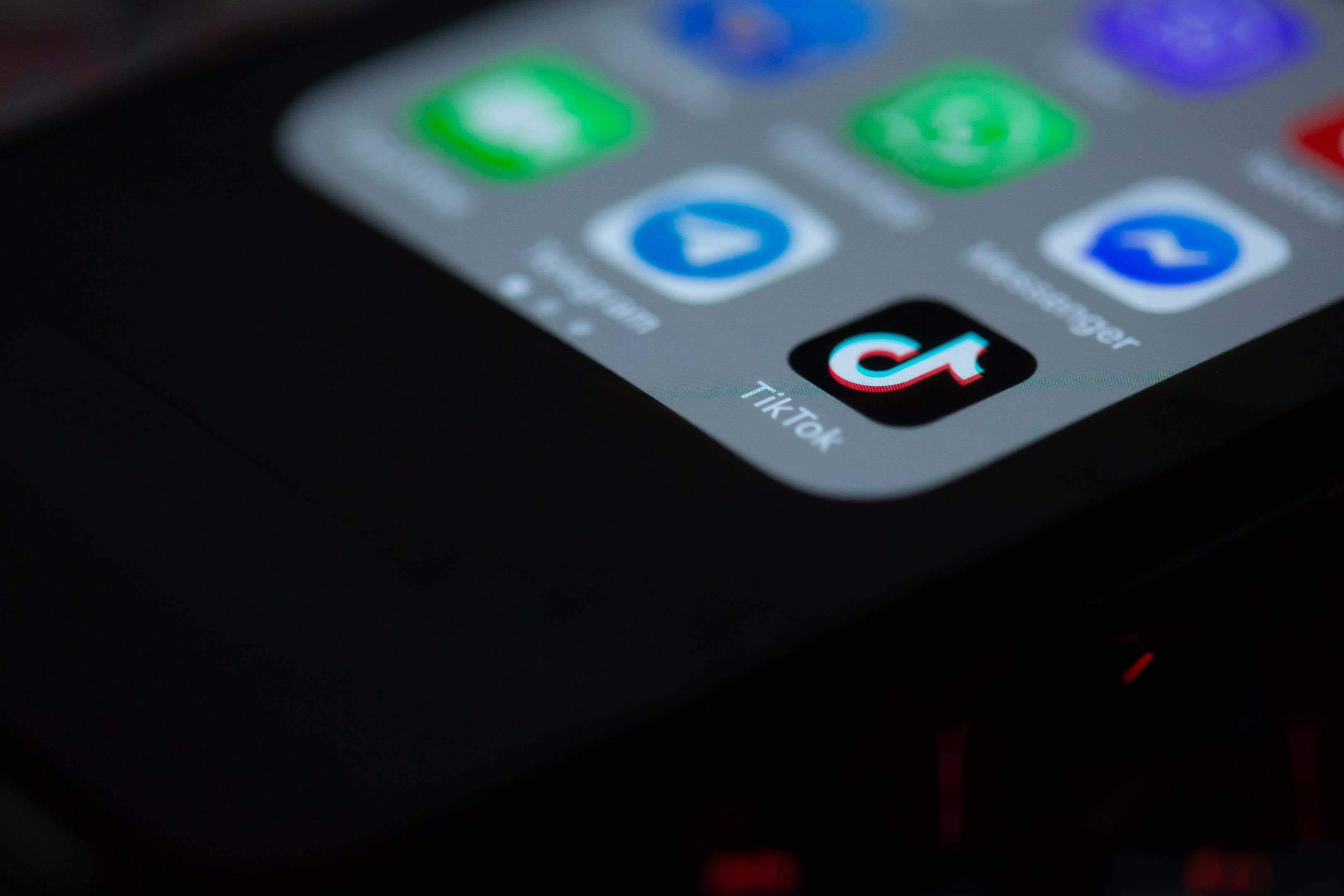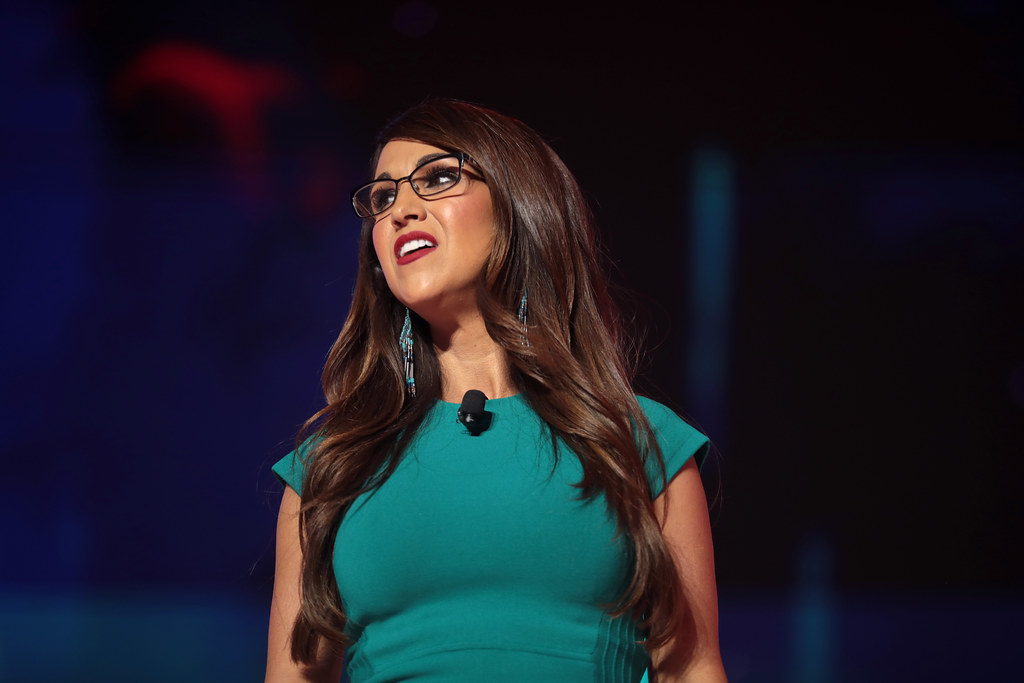The digital landscape is on the brink of a seismic shift as TikTok, the social media giant with over 170 million American users, prepares for a full-scale legal battle against a potential U.S. divestment bill. The stakes are high, the players are ready, and the implications for digital expression and ownership are profound.

The House of Representatives has cast a decisive vote, potentially setting the stage for a TikTok ban unless its Chinese parent company, ByteDance, relinquishes its stake in the U.S. operations of the app. The bill, now on its way to the Senate, has sparked a flurry of debate and speculation about the future of TikTok and its vast community of users and creators.
At the heart of the matter is the Protecting Americans from Foreign Adversary Controlled Applications Act, a piece of legislation that could force ByteDance to sell TikTok within six months or face a ban. The White House has signaled its support for the bill’s objectives, with national security adviser Jake Sullivan emphasizing the aim to end Chinese ownership, not to ban the app outright. Yet, the path to a sale is fraught with uncertainties, including whether China would approve such a transaction and who might step forward to purchase the platform.
For TikTok’s legion of users, the implications of a ban are stark. The app would vanish from app stores and be blocked by web hosting services, disrupting the daily routines of millions who have woven TikTok into the fabric of their digital lives. While some might turn to virtual private networks (VPNs) to bypass restrictions, the overall impact on the influencer economy and the broader cultural landscape would be significant.
The concerns driving the bill are rooted in fears of data privacy and national security. High-ranking U.S. officials, including members of the FBI and the Federal Communications Commission, have raised alarms about the potential for ByteDance to share sensitive user data with the Chinese government, a claim TikTok has vehemently denied. The specter of Chinese national security laws that could compel cooperation with intelligence efforts adds to the unease.
As the bill progresses, TikTok has not shied away from voicing its opposition. A spokesperson for the company has criticized the legislative process as secretive and the bill as a thinly veiled attempt to ban the app. TikTok’s message to the Senate is clear: consider the facts, listen to the American people, and weigh the economic and social consequences of such a drastic move.
The legal challenges that would likely ensue if the bill becomes law are not without precedent. In November, a U.S. judge blocked a Montana state ban on TikTok, citing the company’s First Amendment rights. A national ban could trigger a landmark legal battle over free speech, potentially reaching the Supreme Court.
The world watches to see whether TikTok can navigate the choppy waters of international politics and digital rights. The outcome of this struggle will not only shape the future of one social media platform but also set a precedent for the delicate balance between national security and the right to digital expression. TikTok’s legal fight is more than a corporate skirmish; it’s a defining moment for the digital age.
Related posts:
Is TikTok getting banned? What would US bill mean – and could it happen in the UK?
House passes bill that could lead to a TikTok ban; fight shifts to the Senate
Possible TikTok ban in US: What’s at stake and what comes next





